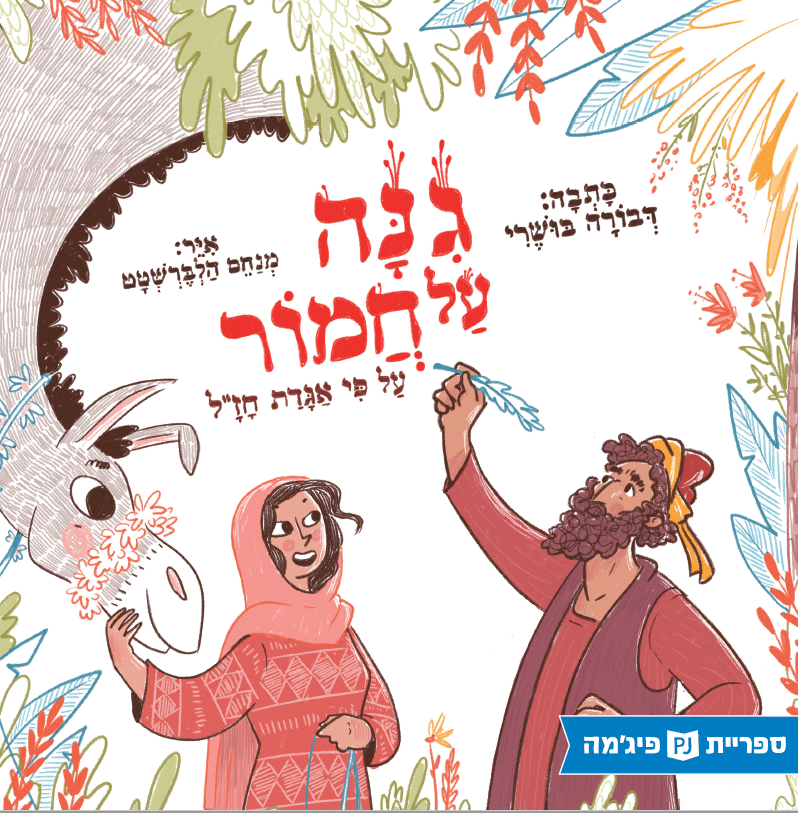Dear Parents,
Akiva the shepherd is forty years old, and is still illiterate. In a creative way, his wife, Rachel, helps him overcome his embarrassment, and join a group of children as they learn to read and write.
"The bashful cannot learn" (Ethics of the fathers, 2:5)
Sometimes we are ashamed of being different, or are too embarrassed to admit that we do not know something. In the Mishna, in the tractate called Ethics of the Fathers, it says that the bashful cannot learn. Learning requires boldness, and a desire to acquire knowledge. Rachel, in her wisdom, is able to show Akiva that shame is temporary, whereas wisdom and knowledge are lasting.
Enjoy reading and discussing this book together!
Who was Rabbi Akiva?
Rabbi Akiva, one of the greatest Jewish Rabbis, lived in Eretz Israel between 50 and 137 CE, from the destruction of the Second Temple to the Bar Kokhba revolt. He partook in the writing of the Mishna and in forming Halacha, and was the spiritual leader of the Bar Kokhba revolt. Many legends and stories have been written about Rabbi Akiva, and numerous sayings attributed to him. One of his most famous statements are: "Amar Rabbi Akiva: 'Veahavta lereacha Kamocha – zeh klal gadol baTorah (And Rabbi Akiva said: 'Love thy neighbor' – that is a major rule of the Torah") (Bereshit Rabba, 24:8). Rabbi Akiva started out as a shepherd, and only began to study Torah at the age of forty. His life story, like that of many leaders and sages, teaches us that Torah and knowledge are available to all of us, at any time.





